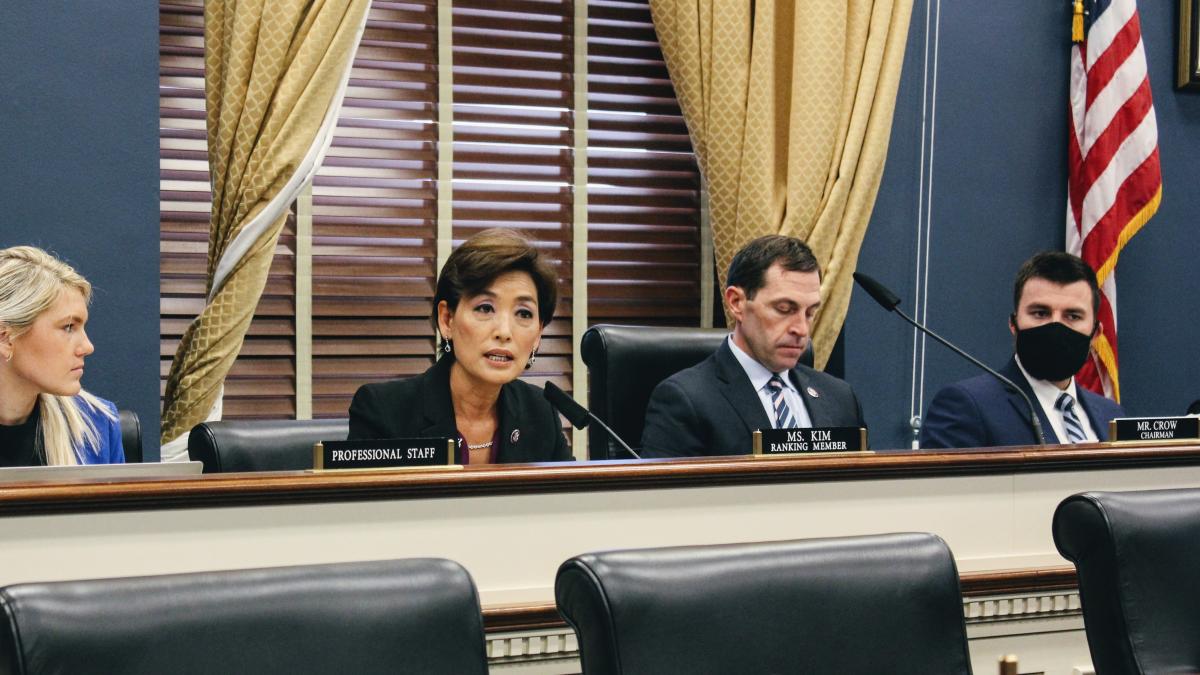Washington, DC – Today, Representative Young Kim (CA-39) joined Congressman Tom Emmer (MN-06) and colleagues in a letter to House Speaker Nancy Pelosi, Ways and Means Committee Chair Richard Neal (MA-01), Department of Treasury Secretary Janet Yellen and Internal Revenue Service (IRS) Commissioner Charles Rettig to express concern with a recent IRS data collection proposal that will increase tax information reporting requirements on financial institutions.
“Small financial service providers across the country are burdened enough by costly reporting requirements to the IRS,” said Congresswoman Kim. “As our economic recovery continues, creating an expensive and burdensome proposal prevents financial institutions from providing access to credit to communities and small businesses in need, and does nothing to even the playing field. With the IRS experiencing 1.4 billion cyberattacks annually, this IRS proposal increases the likelihood of placing the personal data of millions of American citizens at risk. I’m proud to join my colleagues to bring attention to this issue, and will always stand up for the security of individuals and our small businesses.”
Read the letter here or and highlights below.
“We are concerned about a recent IRS data collection proposal to increase tax information reporting requirements on financial institutions, which we do not believe are necessary or helpful toward closing the ‘tax gap.’
“The recent spending proposal to include new tax information reporting requirements for financial institutions would not only impose significant compliance costs on our banks, credit unions, and related financial institutions that have served as the backbone of this economy these past 18 months, but also infringe on the privacy of millions of Americans.
“Specifically, such a proposal would require financial institutions and other financial services providers report information about the outflows and inflows on accounts over $600 to the IRS every year. However, financial institutions currently report a tremendous amount of data to the IRS, and no evidence has shown that the proposed requirements would substantially aid the IRS’s efforts to close the tax gap beyond the information already at the IRS’s disposal.
“Not only would such an overly comprehensive IRS database require significant resources to build, maintain, and protect, but it would make the personal, financial data of millions of Americans vulnerable to attack. Considering the IRS experiences 1.4 billion cyberattacks annually and has experienced multiple data breaches, we should not give this agency additional sensitive data to manage.
“Additionally, privacy is one of the primary reasons individuals choose not to open bank accounts. This overreaching proposal, if adopted, would further exacerbate banked/ unbanked/ underbanked divides.
“We ask you to address our concerns as we work to craft a regulatory environment focused on protecting Americans and our financial system, not one focused on raising revenue at the expense of our taxpayers and financial institutions.”
###




